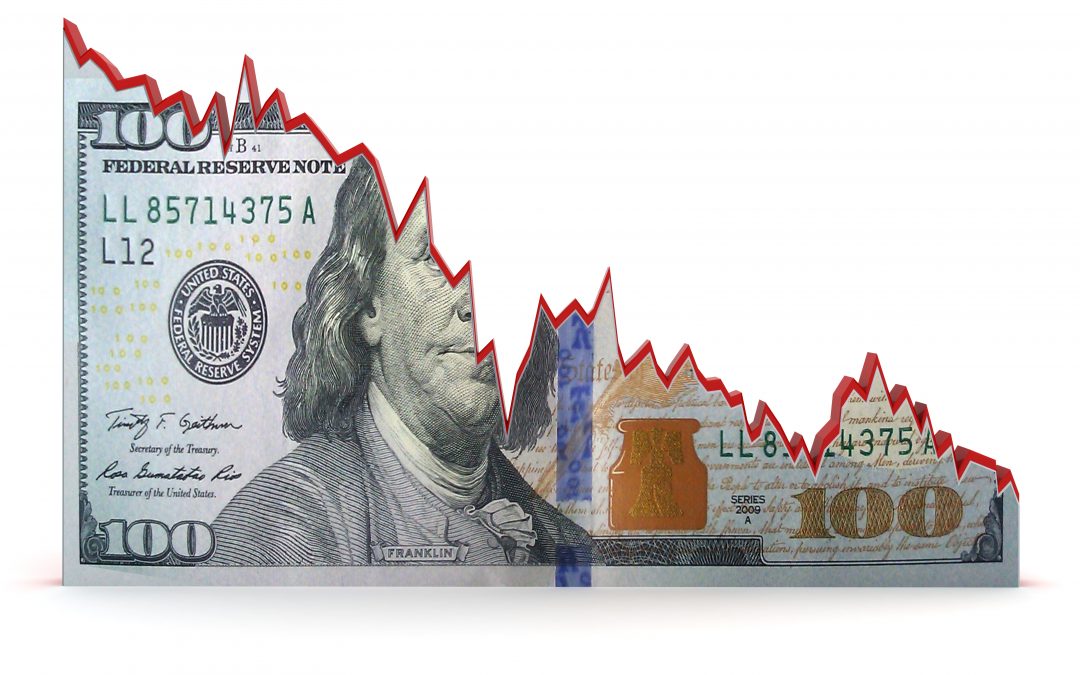Investors less likely to sell losing stocks when entire portfolio is at a loss
New University of Florida research highlights that one of the most well-known stock-level investor behaviors, the disposition effect, is strongly moderated by portfolio-level outcomes.
GAINESVILLE, Fla. – Poor decisions aren’t generally something people are proud of. For investors in the stock market, poor decisions can lead to something more significant than lost pride – lost money.
One of the most well-known observances in decision-making among investors is known as the disposition effect. Investors impacted by the disposition effect are more likely to sell winning stocks too early and hold on to losing stocks for too long.

Bank of America Associate Professor of Finance Baolian Wang
“People find it painful to sell a losing stock, leading to the disposition effect,” explained Baolian Wang, Bank of America Associate Professor at the University of Florida Warrington College of Business. “In this case, individual investors will be more likely to hold on to the stocks that have performed at a loss yet sell stocks that have gained value.”
The disposition effect is well known to be costly to investors, at least in the U.S., for two reasons. First, it’s known that past winning stocks continue to perform better than past losers. Second, selling winning stocks is associated with capital gains taxes.
While the disposition effect is a stock-level phenomenon, investors rarely hold single stocks. Instead, they often hold portfolios, which can include a collection of stocks, among other investments.
According to new research from Wang, the disposition effect holds if an investor’s entire portfolio is at a loss but significantly weakens if the portfolio is at a gain. The finding highlights that investors will be more likely to sell profitable stocks when their portfolio is at a loss, compared to being more likely to hold on to winning stocks when their portfolio is at a gain.
Wang and his coauthors call this phenomenon the portfolio-driven disposition effect and documented the effect in four separate data sets: a U.S. brokerage data set, a Chinese brokerage data set, an online experiment in the U.S. and an online experiment in China.
“When the portfolio is at a gain, investors may frame the selling loser decision as liquidating a winning portfolio (instead of selling a losing stock) to make them feel better,” Wang said. “When the portfolio is at a loss, investors lose such mental flexibility.”
The researchers explore additional predictions based on their mental accounting-based framework. Mental accounting-based theories predict that investors tend to group similar assets into one mental account and less similar ones separately. Different mental accounts will not be fully fungible even if without any physical constraints.
Consistent with this interpretation, the researchers also find that capital gains from other stocks have the strongest moderating effect on the stock-level disposition effect, while capital gains from other investments (such as mutual funds and derivatives) have a weaker effect. This finding provides strong evidence that, in investors’ minds, money is not fungible across different asset classes.
Overall, the research highlights the various frames that investors use to make decisions. The researchers’ findings about the portfolio-driven disposition effect suggest that investors frame their decisions at multiple levels – the stock level and portfolio level.
“The mental flexibility (i.e., selling a losing stock vs. liquidating part of a winning portfolio) may make investors feel better,” Wang said. “However, it could be costly if feeling better contradicts profit maximization. At a higher level, investors should reflect on how their financing decisions are made.
“The finance academic community recommends that financial decisions should be made by considering one’s overall wealth, including financial wealth, housing, human capital, liabilities, and so on.”
The full paper, “The Portfolio-Driven Disposition Effect,” is forthcoming in the Journal of Finance.
Researchers:
Li An – Tsinghua University PBC School of Finance
Joseph Engleberg – University of California – San Diego Rady School of Management
Matthew Henriksson – University of Tennessee Haslam College of Business
Baolian Wang – University of Florida Warrington College of Business
Jared Williams – University of South Florida Muma College of Business




